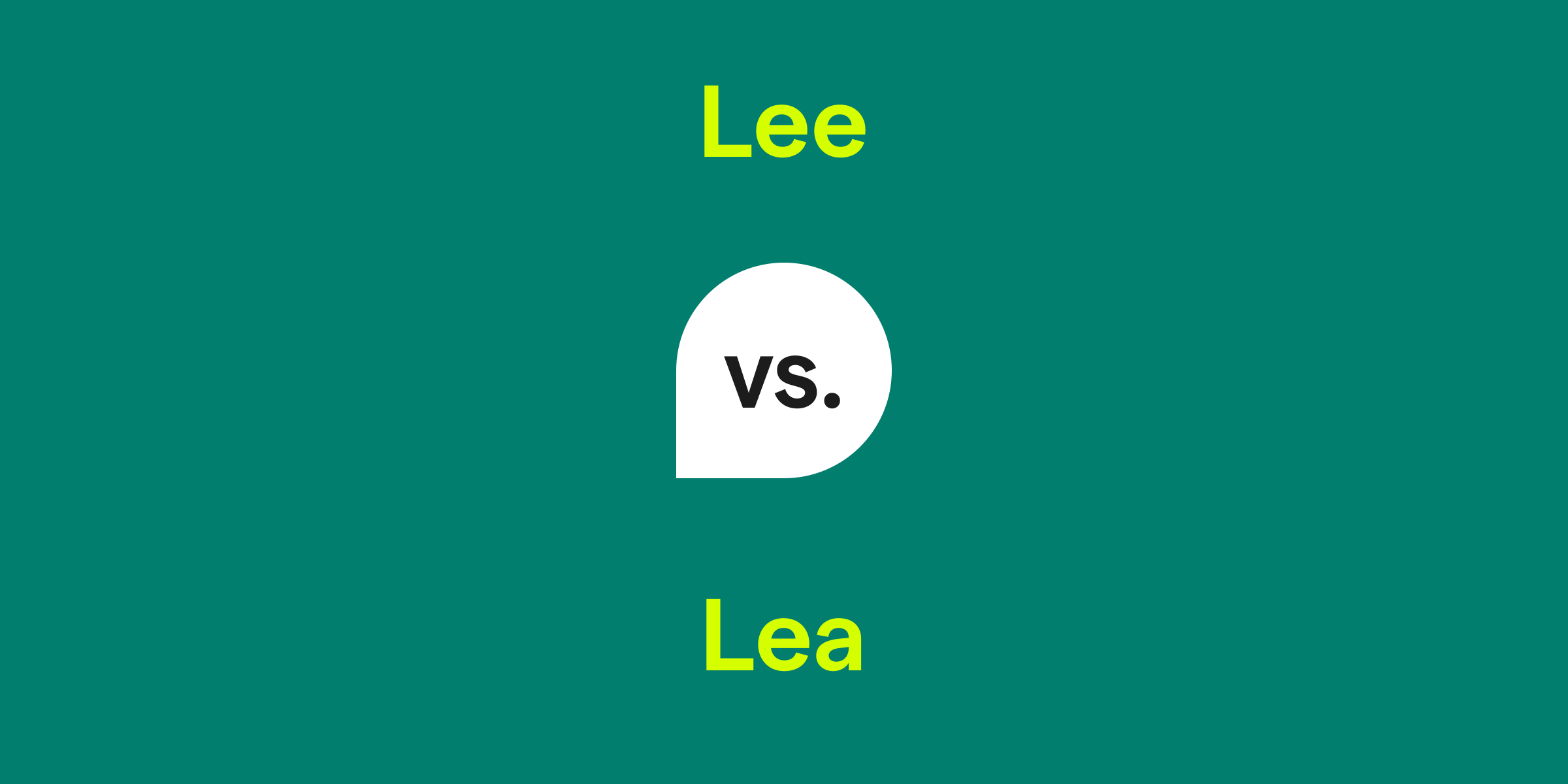Lee vs. Lea: What's the Difference?
Lee vs. lea may seem like a simple issue of spelling, but these words have distinct meanings and usages. Lee is a protective shelter from wind or a sheltered side, commonly used in sailing or meteorological contexts. Conversely, lea refers to an open area of grassy or arable land. While lee connotes safety from the elements, lea suggests pastoral or rural spaces.

How do you use the word lee in a sentence?
The word lee is used to describe the area sheltered from the wind, especially in nautical contexts. It pertains to protection and sometimes alludes to the side of a mountain or structure that is shielded from prevailing winds. It's often found in adventure or maritime literature and descriptions.
Examples of lee in a sentence
- The sailors sought the lee of the island to escape the brutal winds.
- We set up our tent in the lee of the cliff to shield from the gale.
- Birds often roost on the lee side of trees, away from the harsh weather.
How do you use the word lea in a sentence?
The word lea is employed when describing open fields of grassland, often associated with poetic or rural imagery. It is typically used in contexts related to farming, nature, and literature. Lea evokes images of peaceful, bucolic landscapes.
Examples of lea in a sentence
- Cattle grazed on the lush lea, seemingly unbothered by our presence.
- The children laughed as they played in the golden lea, their voices carrying on the breeze.
- Every spring, the lea became dotted with wildflowers, creating a tapestry of color.
Lee and lea definition, parts of speech, and pronunciation
Lee definition:
Lee (noun): The side or part that is sheltered or turned away from the wind; a sheltered place, especially one that is leeward.
Lee parts of speech:
Lee pronunciation:
Lee is pronounced as /liː/, rhyming with words like 'see' and 'pea.'
Lea definition:
Lea (noun): An area of open arable or grassland; a piece of land used for pasture or hay production.
Lea parts of speech:
Lea pronunciation:
Lea is pronounced as /liː/ or /leɪ/, with regional variations allowing both to rhyme with either 'see' or 'lay.'
Lee (noun): The side or part that is sheltered or turned away from the wind; a sheltered place, especially one that is leeward.
Lee parts of speech:
- As a noun: 'The mountain provided a sturdy lee against the harsh northern wind.'
Lee pronunciation:
Lee is pronounced as /liː/, rhyming with words like 'see' and 'pea.'
Lea definition:
Lea (noun): An area of open arable or grassland; a piece of land used for pasture or hay production.
Lea parts of speech:
- As a noun: 'The sheep were content in the lea, munching on the new spring grass.'
Lea pronunciation:
Lea is pronounced as /liː/ or /leɪ/, with regional variations allowing both to rhyme with either 'see' or 'lay.'
Lee vs. lea in a nutshell
Lee and lea, though pronounced similarly, diverge completely in meaning. Lee refers to protection from the wind, often in nautical scenarios, whereas lea denotes grasslands or open fields. Understanding the context in which these words are used is essential as they cater to different descriptive purposes: one to the serene world of nature and the other to the world of adventure and maritime endeavors.
Get AI Writing Assistance Wherever You Type
Make sure your vocabulary is on point and every punctuation mark is in the right place, no matter where you’re working. Grammarly works across more than 1 million websites and apps so you can improve your writing without copying, pasting, or breaking focus.

More Commonly Confused Words
Interest piqued? Pore (not pour) over other commonly confused words to help your writing reach peak (not peek) performance.